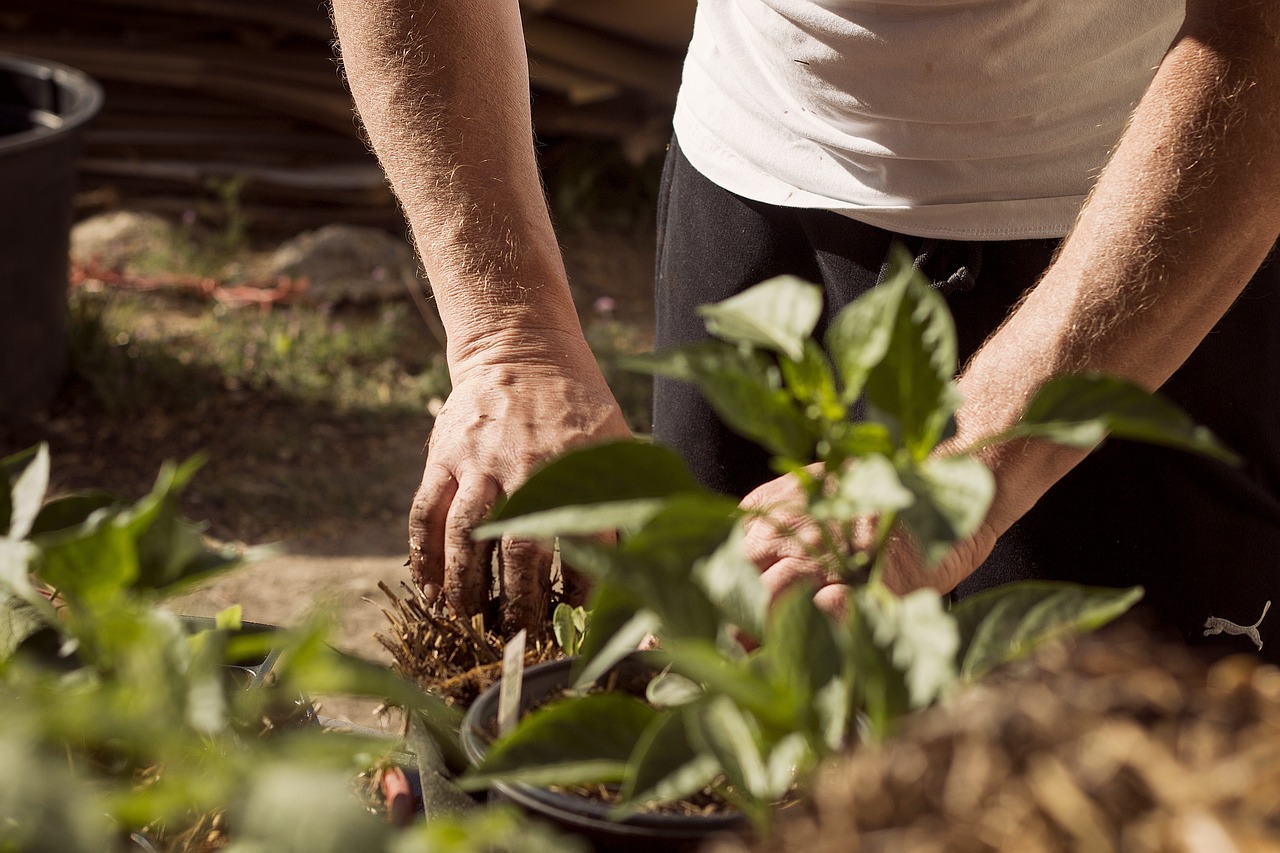As the winter months come to an end, many gardeners start to wonder when they should begin tending to their plants. While some may assume that gardening tasks should only be carried out during spring and summer, there are actually several reasons why you should consider tending your garden plants from January onwards.
The Benefits of Early Gardening
Taking care of your garden early in the year can provide numerous advantages for both you and your plants:
- Promote early growth: By starting early, you give your plants a head start on their growth cycle. This can result in stronger and healthier plants as they have more time to establish themselves before the growing season.
- Prevent diseases: Many plant diseases thrive in warm and humid conditions. By addressing potential issues early on, such as removing dead or diseased foliage, you can reduce the risk of infections spreading throughout your garden later in the year.
- Weed control: Weeds often emerge early in the year and can quickly take over if left unattended. By tackling them promptly, you prevent them from competing with your desired plants for nutrients and space.
- Maintain soil health: Caring for your soil is essential for successful gardening. Working compost into the soil during winter helps improve its structure and fertility, providing a better environment for plant growth.
Gardening Tasks for January Onwards
To make the most of this early gardening period, here are some tasks you can consider:
- Pruning: Winter is an ideal time to prune deciduous trees and shrubs while they are dormant. Pruning encourages healthy growth and improves the overall shape of the plants.
- Planting bare-root trees and shrubs: Many plants are available as bare-root options during winter. Planting them early allows their roots to establish before warmer weather arrives.
- Sowing seeds indoors: Start sowing seeds indoors for plants that require a longer growing season, such as tomatoes or peppers. This way, they will be ready for transplantation when the frost has passed.
- Cleaning and organizing: Use this time to clean your gardening tools, organize your shed or storage area, and plan out your garden layout for the upcoming season.
The Importance of Monitoring Weather Conditions
Gardening in January onwards requires careful attention to weather conditions. While some tasks can be carried out regardless of weather, others may need to be postponed if conditions are unfavorable.
For example, it’s crucial to avoid working with soil when it is waterlogged or frozen as this can damage its structure. Similarly, pruning should be done on dry days to prevent diseases from spreading through open wounds on plants.
A Case Study: Early Gardening Success
To illustrate the benefits of tending your garden from January onwards, let’s consider a case study from a community garden in Boston. In one section of the garden, members started preparing their plots in January by removing debris and adding compost to improve soil health.
In March, these early starters were able to plant cool-season crops like lettuce, spinach, and peas. By the time spring arrived, they had a flourishing garden while those who waited until later in the season struggled to catch up.
Tending your garden plants from January onwards can provide numerous benefits such as promoting early growth, preventing diseases, controlling weeds, and maintaining soil health.
Tasks like pruning, planting bare-root trees and shrubs, sowing seeds indoors, and cleaning/organizing can be done during this period. However, it’s essential to monitor weather conditions and adjust your gardening activities accordingly.
By starting early and staying proactive in your gardening efforts throughout the year, you can enjoy a thriving garden that will bring you joy and beauty for months to come.



